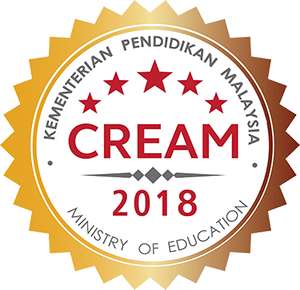MECHANICAL PROPERTIES AND DURABILITY OF FASTGROWING TIMBERS CULTIVATED ON DEGRADED LANDS
Keywords:
Plantation forest, BRIS, tin-tailings, wood strength, degraded landsAbstract
Coastal dune and ex-mining lands are considered as unproductive acreages. Plantation forestry is deemed to be the most potential approach to improve the function of land. It is also the most natural technique to restore the value of the soil through phytoremediation. Considering that it has been almost two decades since the initial planting on degraded lands, mechanical and durability tests were conducted on the timbers of Acacia mangium and Khaya ivorensis. The main objective of the study was to explore the characteristics of timber grown on coastal dune and ex-mining lands. Mechanical tests of static bending, compression parallel to grain, shear parallel to grain and Janka hardness were conducted on a total of 614 green and dried timber specimens. All tests were based on BS 373 standard methods for testing of small clear specimens of timber (BSI 1957). The mechanical properties of Acacia mangium planted on a coastal dune site demonstrated a considerably higher value than existing records. The strength values of Acacia mangium and Khaya ivorensis from Setiu and Bidor varied from 25 to 71%, relatively. Decay ratings were classified as moderately resistant.




